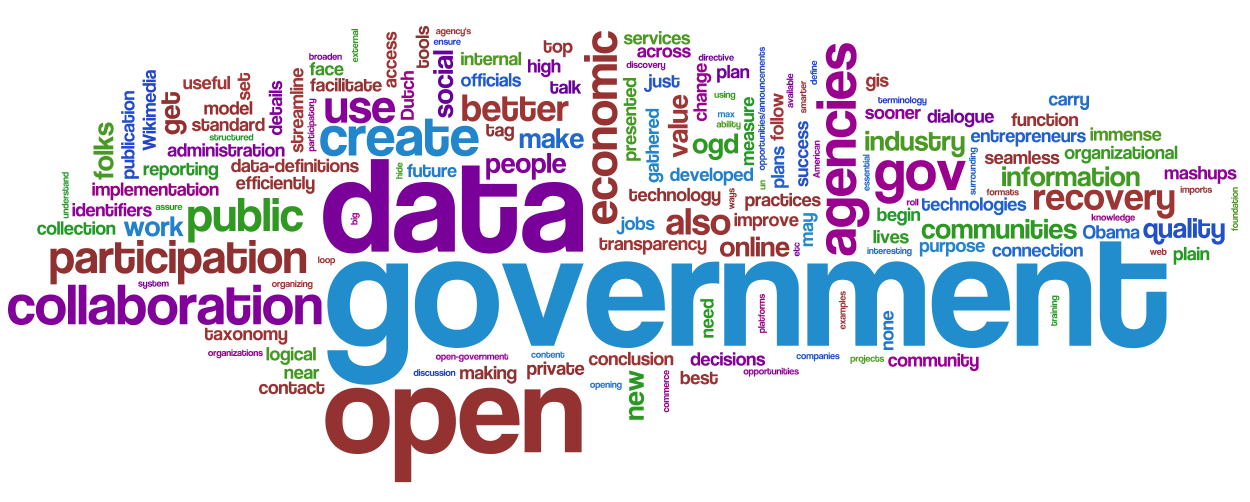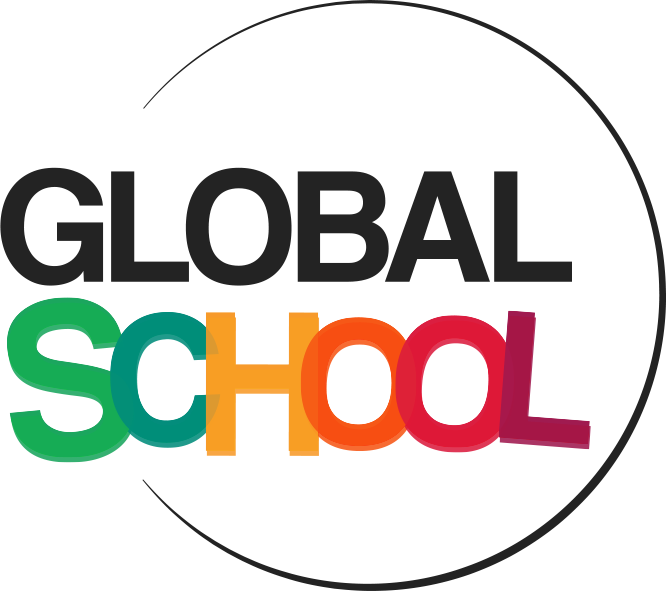I say yes, steemit and alike platforms can create the basis of a new paradigm of governance as it challenges the individual to govern. It will shift the question from voter turnout to participation in collaborative processes.
credits: marsdd.com
I would like to link into a question raised by @davidpakman on his video fragment "can blockchain technology increase voter turnout and participation?" and add a comment in regard to the role of any government as such. I would also like to draw the link to steemit becoming a new paradigm of governance. And if yes who or how participation is being governed on steemit.
@Jnmarteau wrote an inspiring article - I believe strongly connected to this question - in the framework of the Global School about (among other) the idea of achieving emancipation by celebration instead of a feeling of defeat. He wrote about the idea that maybe the new paradigm of citizenship, a world citizenship can also be seen as this celebration of emancipation from external entities like governments or even churches (former governments). But not because it opposes any government, but because people evolve into responsible holistic beings and therefore do not need a government anymore. I will widen this argument a bit away from the question if the blockchain will increase voter turnout, but if voter turnout is necessary at all, or, how steemit and alike technology might turn into a new form of government, and if this is true how voter turnout is to be seen in this context. I am thinking the crucial word for me is participation.
Are we only against certain parties or are we challenging governement alltogether?
I would like to play with this thought a little bit and see where it brings us. Most public debate seems to be based on the underlying notion that people are either in favour of a certain party or all together government, against it or find it boring to discuss this at all, sort of the non-voter group.
I think its time we can seriously debate the role of government in general and if we actually need the current form of it. I am not yet talking about forms of government (dictatorship vs democracy). I am assuming we talk about western democracies for now. But what is it really that we like or don’t like about any our democratic governments? I cant satisfyingly describe the formal aspect of that question, but I would like to comment on the deeper understanding of a government that I came across and will be interesting for us to assess in the framework of steemit. I would be interested in getting feedback to that, especially from experts like david packman.
So what is the deeper role of government, or administrating entity. I will later on apply this mind game to the steemit community, is anyone or anything governing and what role does that entail in terms of participation or voter turnout?
So, what are children doing?
To do that experiment I would quickly like to take you into my world of work, the kindergarten and try a little experiment for inspiration. I work as an educator with 14 families, who decided to have their children being mentored/educated/taken care of by three professional pedagogues (one of them, me) during the day, five days a week, a nursery, preschool, it has different words in the english language or system. The children are 2 to 6 years old. It’s a mixed group, a little like our society.
Here is the experiment: Let's imagine for a second that the children in my group are the society. This would mean, that I work with a micro representation of society, in two forms for now: 1st group dynamics: they seem to be very similar to the adult bigger world in the way opinions are being formed and in which way opinion leaders convince the rest of the group about something - like food: you won't believe - or maybe you know it all to well - one child says I don't like it, the rest agree and start a food revolution) and 2nd the relationship between an individual child and the rules that are imposed/decided (which I claim are the exact same as between adults and laws, children usually follow rules not because they are meaningful but because they fear punishment, the exact same reason why adults don't do speeding, mostly because we don't want the police to punish us, not because it makes sense - mostly).
This means in this experiment, that I the educator am the government and the rules I make are laws, I am the court, the police (and while were there also the United Nations, sometimes the army :) So obviously in this experiment, the children did not elect me, so I am the God-given version of a government. Interestingly enough, I don’t think that that changes the attitude towards laws (which we need to discuss later, as this would mean, that it doesn’t matter if or how a government is elected, we abide laws because we want to evade punishment anyway?!). This for me means that participation is far more crucial to our way of living and governing community than voting.
credit: maximumgovernance.com
The goal: A reselient confident individual, collaborating for the good of the commmunity?
In this circumstance, if the goal of education or the political system would be a resilient strong individual, aware of its patterns to follow or not follow a framework, wouldn't it be great if children in my experiment formed a debating club to challenge the role of government (me) or to challenge the reason why they follow rules (again me)? Yes it would be, it has to be. steemit is that. And in fact, they are doing it. Children are challenging these frames all the time. With different methods and tools, mostly unconscious of the fact, but still they do! But this challenge comes hidden for adults, in different shapes and forms. The climax of this process is when they ask any of us teachers: “why are you actually here”, or when talking about professions ask me “Wolfgang, what is your profession?”. Exactly what we are doing here on steemit. So what is my role as government? I think it is to enable a strong individual capable of making own decisions based on three things:
- wellbeing and development of one self
- wellbeing and development of community
- development of civilatory achievements
In unreflected concretistic pedagogical institutions children are punished for this attempt because focus is given to the “at age 5 - no matter your interests or capacities you should have this or that specific competences. Most focus on kognitive achievements. We here on steemit on the other hand try to empower. But what's the consequence of empowering us without yet a known pattern of group governance in place? I assume we don't know. But what is increasingly obvious to many of us, is that as soon as we learn to operate in a community we might not need another entity. Crowdfunding has shown, we can build infrastructure by ourselves, it has shown that universities are by far no longer the only place of excellence in research and innovation, there is now technology in place allowing us to govern by participating. But, this requires a certain culture, attitude or state of mind. This leads me to state that platforms like steemit, will function as a part of a global school that allows for individuals to learn just that.
Call for action
Join the conversation about globalschool and world citizenship as a new form of governance!
credit: Ilka


